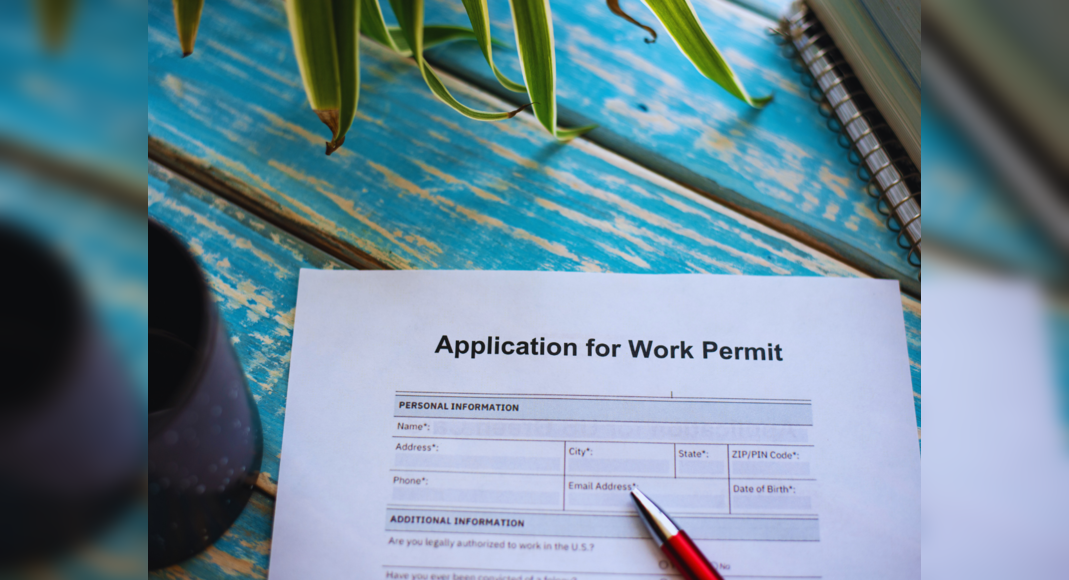Travel
Canada all set to implement major changes in work permit rule from November

Canada’s immigration system is undergoing major changes to better manage the influx of international students, foreign workers, and permanent residents.If reports are to go by, by November 1, Canada will unveil its Immigration Levels Plan for the next 3 years.
Reports add that the number of temporary residents, including international students and temporary foreign workers, has surged in recent years. To address these shifts, the Canada Government will introduce new regulations and recalibrate immigration volumes.
One key change that one would notice will be the introduction of a language proficiency requirement for applicants to postgraduate work permit (PGWP) courses. This means that on or after 1 November 2024, all applicants will need to have minimum proficiency in either French or English. Also, university graduates will need to achieve Canadian Language Benchmark (CLB) Level 7, while college graduates will be required to reach CLB Level 5. These changes are critical in the sense that it will enhance their ability to transition to residency, whereas the government, on the other hand, expects that this adjustment will eventually result in approximately 175,000 fewer post-graduation work permits over the next three years.
Read more: Barren but beautiful: 8 driest spots on Earth that lure travellers and adventurers
Further reports add that there will be a reduction in the number of temporary residents from 6.5% of Canada’s total population to 5%. This reduction will be reflected in the upcoming Immigration Levels Plan and is part of broader efforts to better manage immigration flows, and will be released by November 1.
Further restrictions will be witnessed on spousal open work permits. Starting in 2025, spousal work permits will be granted to limited ones and to the spouses of highly skilled, specialised workers, such as engineers, executives, lawyers, scientists, as well as workers in industries that are facing key labour shortages.

However, spouses of workers involved in critical sectors like construction and healthcare will remain eligible for work permits. Reports add these changes will likely reduce the number of spousal work permits by 100,000 over the next three years.
Read more: Last Chance tourism: The controversial trend driving people to vanishing destinations
By November 1, Minister of Immigration, Refugees and Citizenship, Marc Miller, will present all the details of Canada’s said immigration plan for 2025 to 2027. Reportedly, these changes aim to strike a balance between welcoming new residents and addressing Canada’s economic and labour needs.










